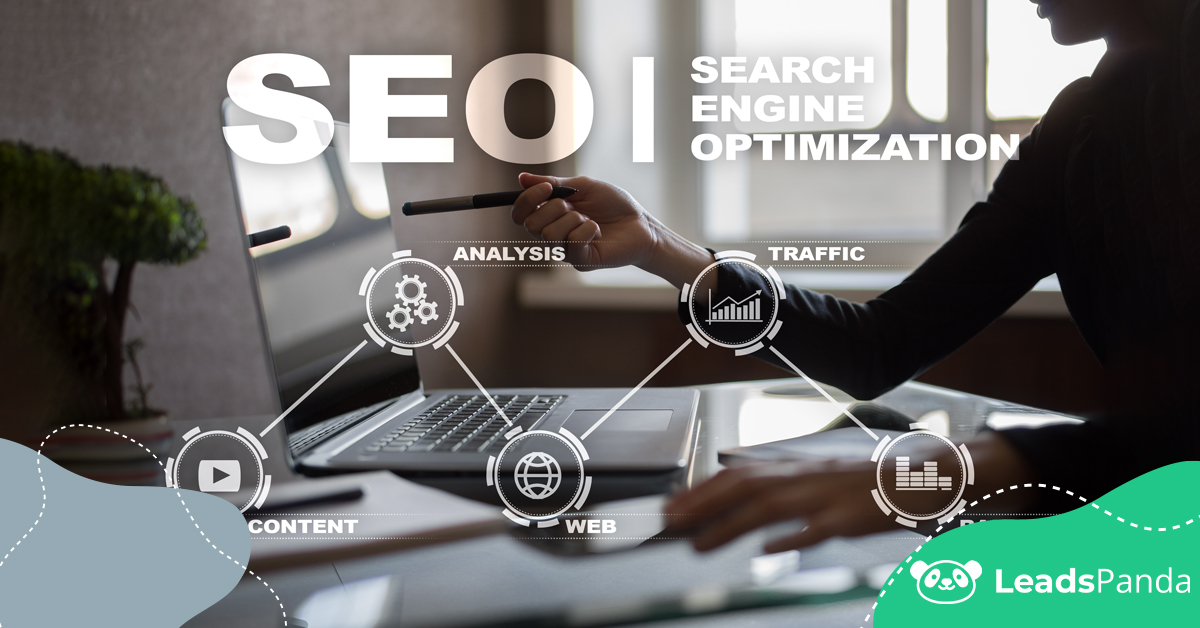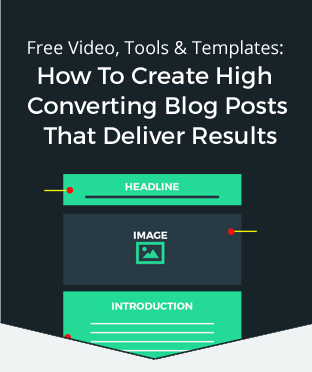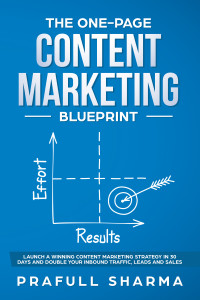What is on page & off page SEO optimization?
Search engine optimization (SEO) is a critical part of any online marketer’s toolbox. However, the term SEO is a broad category. Generally, SEO refers to strategies intended to make it easier for search engines to index your website and present it to anyone searching for specific keywords and phrases. It can also be divided into two specific categories—on-page SEO and off-page SEO.
On-page SEO are strategies that directly apply to a web page with the goal of boosting its ranking. On the other hand, off-page SEO are techniques that you apply outside of your website, but still anchored on the objective of raising your searchability on search engines.
Let me break it down further.
When it comes to optimizing on-page elements for searchability, focus on the following:
- Title tags – A title tag is an HTML element that indicates the title of a web page. These are the tags that are displayed on a search engine results page and is the clickable headline of any given search result. This is what makes title tags very important for usability. Be sure to add your target keyword, or key phrase, in the title tag of your site or post, while making sure to provide an accurate, brief, and interesting description of your content.
- H1 tags – H1 tags refer to the headings on your page and are usually the largest and most visible copy that appears. Search engines typically give these titles additional weight. Therefore, it’s a good idea to incorporate your target keywords into your headings as much as possible. Again, be sure that it accurately reflects your content.
- URL structure – Ideally, you should incorporate your keyword or key phrase into your URL. This will help boost your profile for search engines.
- Image alt tags – Alt tags refer to the text that appears when your cursor hovers over an image. Websites should allow you to add alt tags that help describe images in relation to your content.
- Page loading speed – Page loading speed is a critical factor of searchability. Google wants to ensure that they give users a site with the best user experience. To that end, ensuring your pages load fast definitely contributes to improving rankability on search engines.
- Internal linking – Linking to other pages on your website is useful for your readers and search engines. Offering multiple links to other pages or blog posts underscores the fact that your site offers a lot of useful, relevant content regarding the subject matter.
Now, let’s move on to off-page SEO.
As I mentioned, these are methods that focus on raising your authority via links from other websites. This means that the best off-page SEO technique is focused on building the number and quality of backlinks to your website. Here are my suggestions on how you can do that:
- Create content that is well researched and well written.
- Back your posts with a solid social media marketing plan to boost your social media shares.
- Reach out to influencers in your niche or industry that can help boost your profile and visibility as they begin linking to your material.
- Guest blog on related sites and make sure your contribution links back to your site.
Now the question is, which one is more important?
I’d say it’s not about choosing one or the other. Both on-page and off-page SEO can work in tandem, as long as you know how to implement the right approach to your SEO and content marketing. If you’d like to know more content marketing and how it can positively affect your SEO efforts, give me a call. I’d be happy to discuss this in-depth with you.
Share This Story
Get the latest growth ideas, strategies, and best practices delivered to your inbox.
Quick read that helps 7000+ subscribers.






